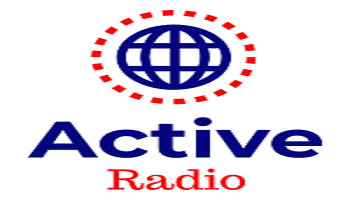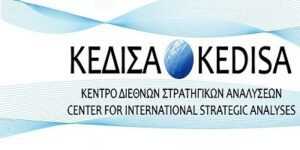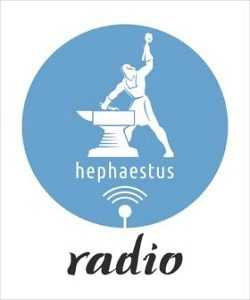As the Commission prepares to unveil a package to cut red tape for farmers on Friday (15 March), EU leaders meeting at the European Council next week will urge the EU executive and agriculture ministers to act “without delay” on multiple fronts, such as trade and food chain, according to draft conclusions seen by Euractiv.
As farmers’ protests across the bloc ease, the EU’s 27 leaders will eye European farmers’ discontent at the European Council summit on 21-22 March.
According to the draft conclusions seen by Euractiv, the European Council acknowledges “the current challenges” in the agricultural sector and asks both the Commission and the EU Council “to take work forward without delay”.
The European Council’s conclusions focus on four main concerns raised by EU farmers – red tape, competitiveness in trade from third countries, Ukrainian imports and the strengthening of farmers’ bargaining power in the food chain – on which the Commission has already pledged to work.
The last European Council meeting on 1 February also gave farmers a seat at the table of EU leaders, with an unexpected reference to protests that have taken place across the bloc since the start of the year.
EU leaders then called on the Commission and the EU Council to act as well.
Red tape
With EU leaders calling for “simplification for farmers”, the EU executive is set to unveil a set of measures on Friday to meet farmers’ demands for a reduction in the administrative burden of parts of the EU’s Common Agricultural Policy (CAP), which they say is hampering their work.
The package will relax monitoring, controls and environmental requirements under the CAP – the so-called agricultural and environmental conditions (GAECs) – a move that NGOs warned earlier this month would be “a rollback” in terms of sustainability ambitions.
A first step in this direction was already taken on Tuesday when the Commission proposed to give member states more flexibility to GAEC 1 through a delegated regulation. This kind of legislative act can be accepted or rejected, but not amended, by the European Parliament and the Council.
Ukraine and fair competition
The draft Council conclusions refer to “issues” related to the controversial trade liberalisation with Ukraine and call for addressing autonomous trade measures (ATMs) “in a fair and balanced way”.
The extension of ATMs until June 2025 is due to be approved by the European Parliament on Wednesday evening at the Strasbourg plenary.
While the Commission proposed a series of “safeguard measures” to alleviate farmers’ concerns about the influx of Ukrainian food imports, farming organisations and leaders in neighbouring countries have said they are insufficient.
But trade beyond Ukraine is also a concern, with farmers protesting against “unfair” competition from third-country producers who do not have to meet the same requirements as their EU counterparts.
As well as calling for fair competition “globally”, EU leaders are also asking to ensure fair competition “in the internal market”.
In France in particular, farmers have pointed to different production standards across the single market – an accusation that was rejected by leaders in other countries.
Power across the food chain
The draft conclusions also call for “strengthening the position of farmers in the food supply chain“, in particular “to ensure a fair income” for food producers.
This is a long-standing demand of farmers, who claim to be the weakest players in the food supply chain.
The EU executive is also preparing measures along these lines.
[Edited by Angelo Di Mambro/Nathalie Weatherald]
Source: Euractiv.com















Leave a comment